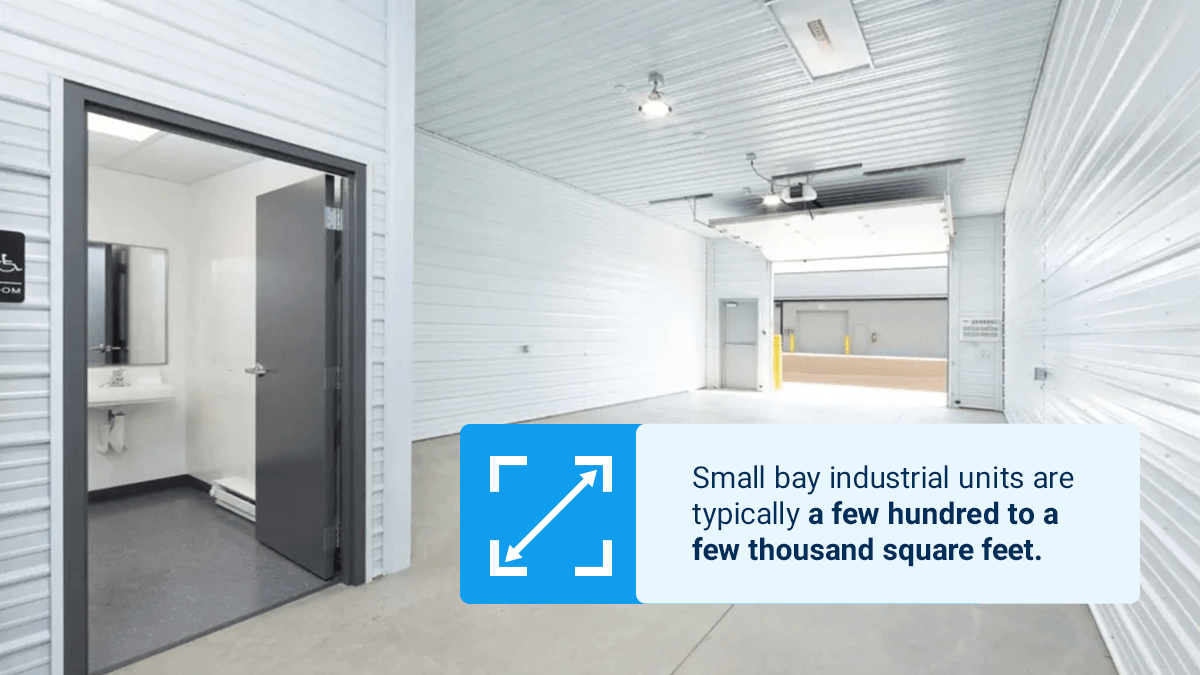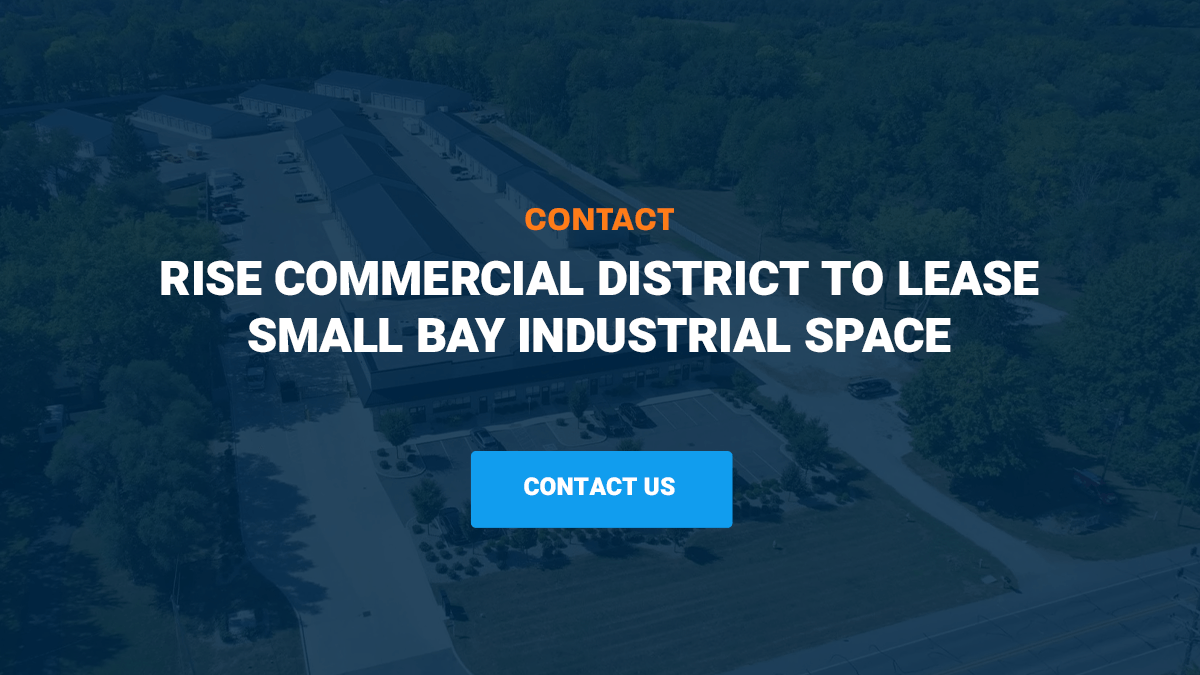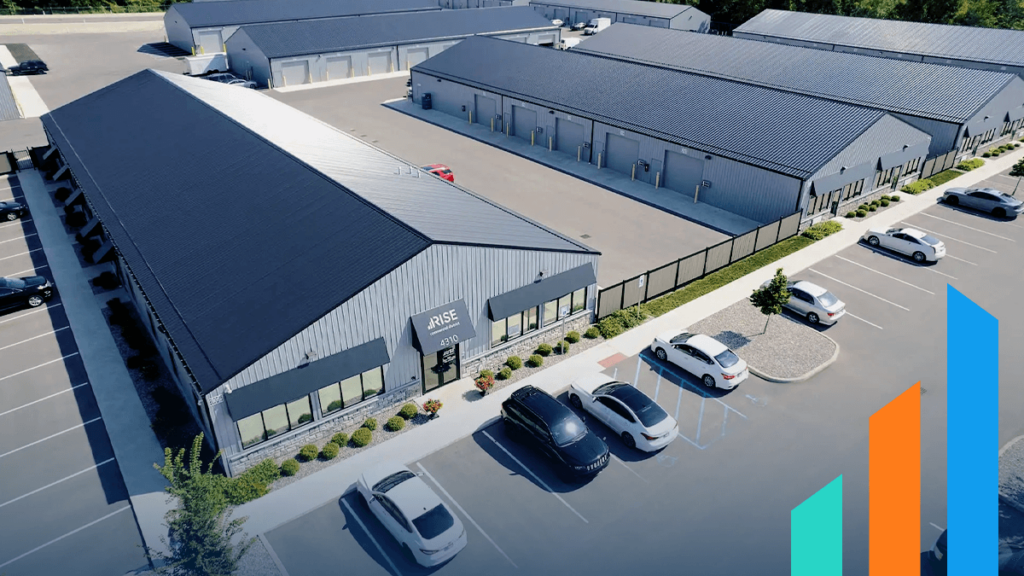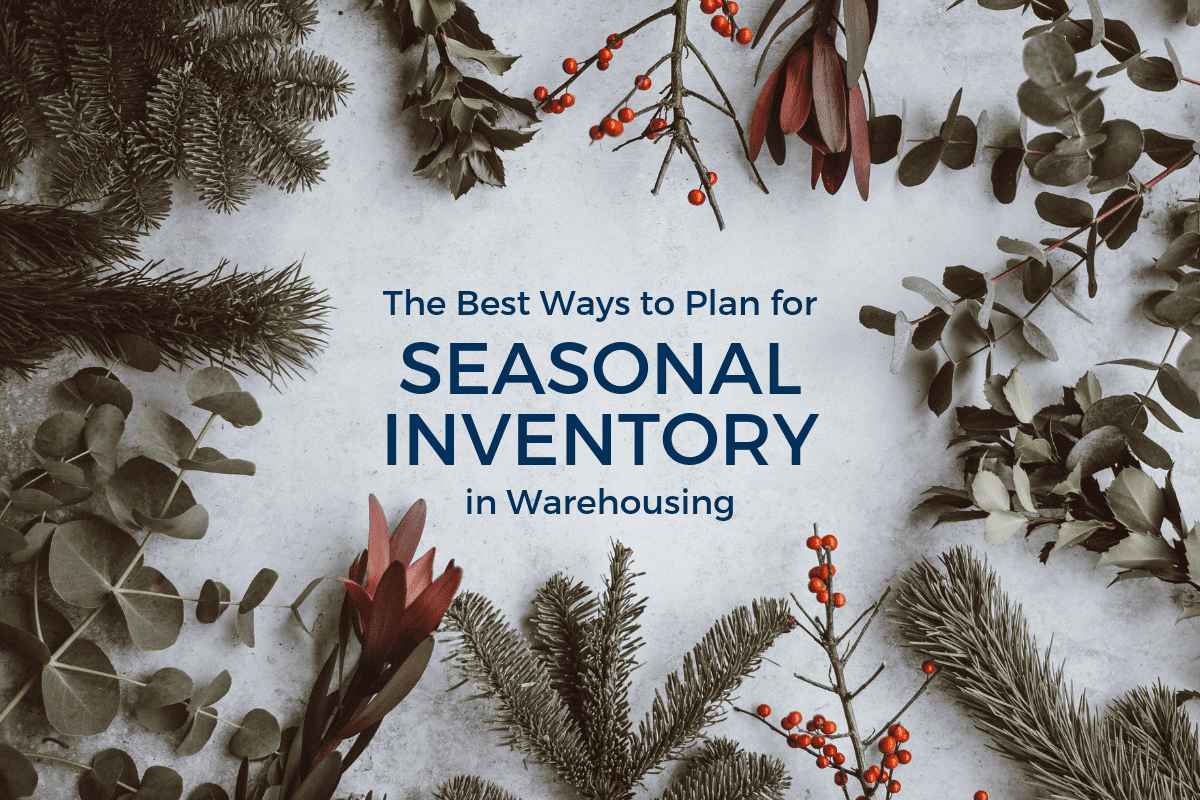- 5 Tips for Leasing
- 1. Assess Size
- 2. Select Location
- 3. Nice-to-Haves
- 4. Budget and Lease Terms
- 5. Potential Spaces
- Mistakes to Avoid
- Contact RISE
- Frequently Asked Questions
- What Is Small Bay Industrial?
- What Businesses Can Lease?
- Where Can You Lease?
- How Do You Lease?
5 Tips for Leasing Small Bay Industrial Space
Finding small industrial spaces for lease is a big step in your business’s growth. Whether you’re scaling to meet seasonal demand or looking to streamline your last-mile delivery processes, these tips can help you find an efficient and effective space.
1. Assess Size and Other Essentials
Small bay industrial units are typically a few hundred to a few thousand square feet, and you can choose a size based on:
- What you’re using the space for: If you’re using the space to store excess inventory during off-peak seasons, you might not need as much square footage as if you’re using the unit for last-mile order fulfillment year-round.
- Whether you need heavy equipment: Forklifts and other heavy equipment can enhance your productivity — as long as they have space to move.
- Whether you need access to loading docks: If applicable, make sure you have room for loading and unloading. You’ll need enough space to keep the items getting loaded onto or off the truck separate from your other inventory.
Also, think about whether you want to use the unit for admin. Some facilities offer flex spaces, which offer the best of both worlds. Sometimes, these spaces can even accommodate retail operations, allowing you to store inventory and conduct business from the same location.

2. Select a Location
Here are some quick tips for finding a leased space in the ideal location:
- Consider how close the space is to major highways and ports.
- Research how safe the area is and whether the facility offers security provisions.
- If your business has a physical retail presence, find an industrial space that’s close by.
- If you’re in the e-commerce space, look for a location close to the metro areas and ZIP codes you serve.
- Determine how far the space is from your suppliers.
- Consider your team members’ commutes and whether the facility is near amenities like banks, stores, doctors and gyms.
- Ensure the location you lease complies with commercial zoning laws.
3. Brainstorm Nice-to-Have Amenities
The following amenities can make your experience more convenient, efficient and enjoyable:
- Office space or conference rooms: Meet with clients, share updates with team members or simply take a moment to yourself during the day.
- Parking: Make sure there’s enough space for you and your team members to park.
- Wi-Fi: High-speed Wi-Fi means employees can stay connected and monitor sales and inventory.
- Security: Look for locations with video surveillance, alarm systems, on-site security guards, physical barriers and access control systems.
- Shared kitchen areas: Brew a steaming pot of coffee, heat up your lunch and enjoy an afternoon snack without leaving the premises.
4. Set Your Budget and Assess Lease Terms
In addition to the monthly base rent, make sure to evaluate the cost of utilities, maintenance, property taxes and amenities. Some small bay industrial unit lease agreements are triple let leases (NNNs), which require tenants to pay property taxes, insurance and maintenance. Other facilities offer gross leases that simplify your budgeting and cover utilities, dumpster fees and management fees. While NNN and gross leases have pros and cons, gross leases are typically more convenient for tenants.
Additionally, consider the costs of moving your inventory or office supplies to the new space, including packing supplies, transportation or professional moving services.
5. Evaluate Potential Spaces
After creating a shortlist of your top contenders, schedule tours of each space. During your tour, take photos and ask about or assess the following:
- The age and condition of the building and individual units
- Recent renovations or upgrades
- Ease of access for trucks
- Available amenities
- Potential for customization
You can also search for reviews and testimonials from current or previous tenants to gauge the facility’s reputation.
Mistakes to Avoid When Leasing Small Bay Industrial Space
Before taking that exciting next step of signing the lease, make sure you avoid these common mistakes:
- Leasing a space that’s too big or too small: Misunderstanding space requirements can lead to disorganization or wasted money.
- Neglecting to prioritize security: Keep your assets safe by choosing a facility that offers 24/7 monitoring.
- Forgetting to ask about lease terms: Flexible lease terms allow you to scale up or down as needed.
- Not taking location into account: Streamline your supply chain and ensure your business is accessible to partners, team members and clients.
- Only looking at base rent costs: Other potential costs to consider are utilities, security costs and maintenance fees. Facilities that offer gross leases are typically more favorable for tenants.

Contact RISE Commercial District to Lease Small Bay Industrial Space
If you’re looking to lease industrial space in Indiana, Ohio, Minnesota or Wisconsin, you can rely on RISE Commercial District. In addition to flexible leases and all-in pricing that covers utilities, Wi-Fi and common area maintenance fees, you can enjoy:
- Access to shared kitchen areas, restrooms and dumpsters.
- Free access to a forklift for shipping and receiving.
- Security features like 24/7 video monitoring.
- The freedom to enter your space anytime with secure keypad entry.
- Access to fully equipped conference rooms.
- Private overhead doors with drive-up access.
- Loading dock capabilities.
We offer warehouse, storage, flex and office spaces, each of which has utility access and is equipped with LED lighting and climate control. Take our online quiz to see which small bay industrial space will work best for your business, or contact us online to schedule a tour!
Frequently Asked Questions
What Is a Small Bay Industrial Space?
A small bay industrial space is a unit companies can use for warehousing, storage, retail operations, or other activities. These units are inside a larger facility built to serve multiple businesses simultaneously. These spaces are typically no more than a few thousand square feet and often combine warehousing with office space.
What Businesses Can Lease Small Bay Industrial Units?
Small bay industrial units are an excellent option for the following types of businesses:
- E-commerce companies
- Food and beverage distributors
- Pharmaceutical companies
- Retail chains and distributors
- Seasonal businesses
- Third-party logistics providers
- Light manufacturing companies
- Printing and packaging businesses
- Landscaping companies
Where Can You Lease Small Bay Industrial Space?
The best small bay industrial space is easily accessible to your customers, clients, team members and suppliers. It’s also beneficial to search for a spot near convenient amenities like banks, doctor’s offices, gyms and restaurants. Selecting a location in a booming business hub can also open up networking opportunities.
How Do You Lease a Small Bay Industrial Unit?
To lease a small bay industrial unit, assess your needs, choose a suitable location, set your budget, evaluate the lease terms, read online reviews and schedule tours of your top picks.



